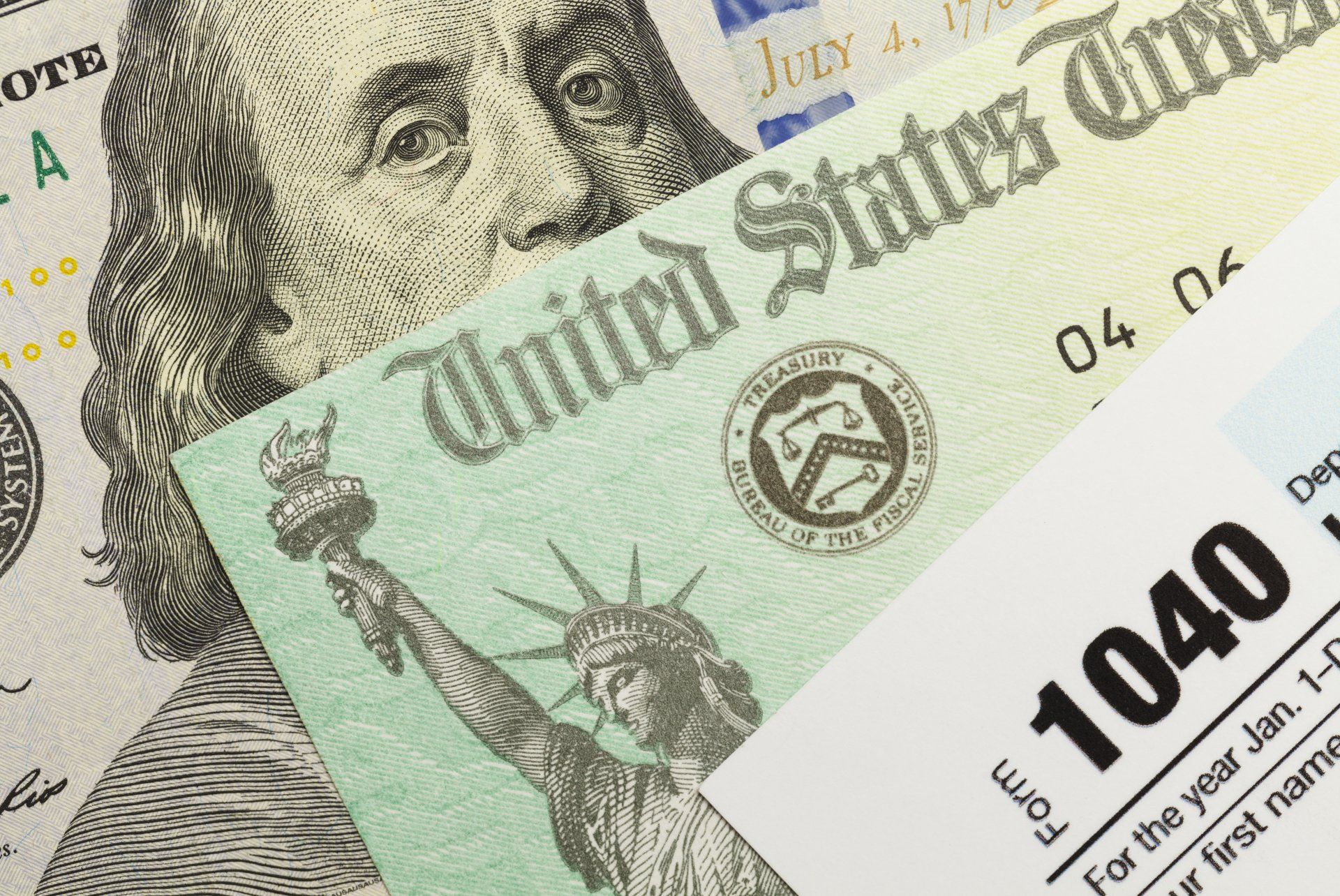Foreign Accounts – Know When Reporting is Required

September 23, 2019
by Gregory S. Dowell (reprinted with permission by Thomson Reuters)
Each U.S. person who has a financial interest in or signature or other authority over foreign financial accounts must electronically file a Foreign Bank Account Report (FBAR) on Form 114 if the aggregate value of the accounts exceeds $10,000 at any time during the calendar year. A foreign financial account is a financial account located outside the U.S. An account maintained with a branch of a U.S. bank that is physically located outside of the U.S. is a foreign financial account. A financial account includes a securities, brokerage, savings, demand, checking, deposit, time deposit, or other account maintained with a financial institution. A financial account also includes a commodity futures or options account, an insurance policy or annuity policy with a cash value, and shares in a mutual fund or similar pooled fund. In addition, a debit card account is a financial account, and a credit card account may be treated as a financial account under certain circumstances. The FBAR is generally due by April 15 following the calendar year for which it applies. An automatic extension to Oct. 15 each year is provided.
The penalties for failure to file a FBAR are onerous. The civil penalties for a non-willful violation may not exceed $12,459 per violation. Civil penalties for a willful violation may not exceed the greater of $124,588 or 50% of the amount in the account at the time of the violation. The criminal penalty for willful violations is a fine of not more than $250,000, or imprisonment for not more than five years, or both.
In addition, a specified individual must file Form 8938 (Statement of Specified Foreign Financial Assets) if the individual has an interest in one or more specified foreign financial assets having an aggregate value exceeding either $50,000 on the last day of the tax year or $75,000 at any time during the tax year ($100,000 and $150,000, respectively, for married individuals filing a joint annual return). For a specified individual living outside of the U.S., who is a qualified individual under Code Sec. 911(d)(1), Form 8938 must be filed if the aggregate value of the specified foreign financial assets in which the taxpayer has an interest exceeds $200,000 ($400,000 if a joint return is filed) on the last day of the tax year or $300,000 ($600,000 if a joint return is filed) at any time during the tax year. An individual isn’t required to file Form 8938 for any tax year for which he isn’t required to file an annual return.
A specified individual is a U.S. citizen, a U.S. resident alien for any part of the tax year, a nonresident alien who makes an election to be treated as a U.S. resident alien, and a nonresident alien who is a bona fide resident of Puerto Rico or American Samoa.
Specified foreign financial assets include financial accounts maintained by foreign financial institutions and other assets not held in accounts maintained by financial institutions, such as stock or securities issued by non-U.S. persons (including stock or securities issued by a person organized under the laws of a U.S. possession), financial instruments or contracts with issuers or counterparties that are non-U.S. persons (including financial instruments issued by a person organized under the laws of a U.S. possession), and interests in certain foreign entities. A specified foreign financial interest does not include foreign real estate, the direct ownership of foreign currency, shares in a U.S. mutual fund that owns foreign stock and securities, or brokerage accounts maintained by U.S. financial institutions.
The penalty for failing to report specified foreign financial assets for a tax year is $10,000. However, if this failure continues for more than 90 days after the day on which the IRS mails notice of the failure to the individual, additional penalties of $10,000 are imposed for each 30-day period (or fraction of the 30-day period) during which the failure continues after the expiration of the 90-day period, with a maximum penalty of $50,000.
If an FBAR or form 8938 remain unfiled from a prior year, or if there is a concern that exposure exists, taxpayers are advised to contact their tax professional.










